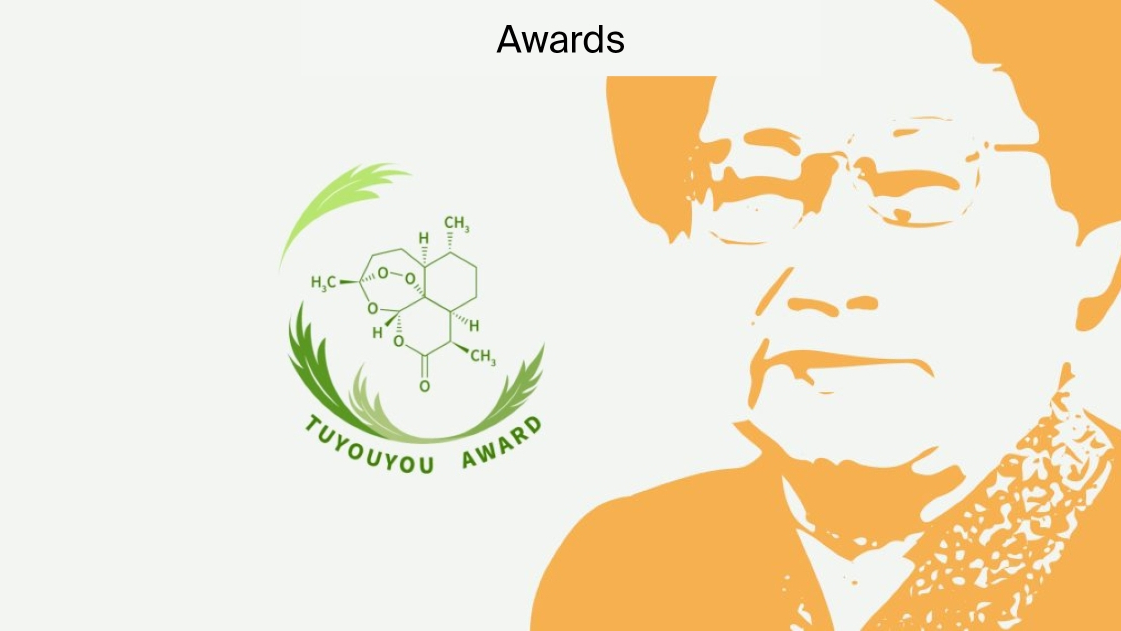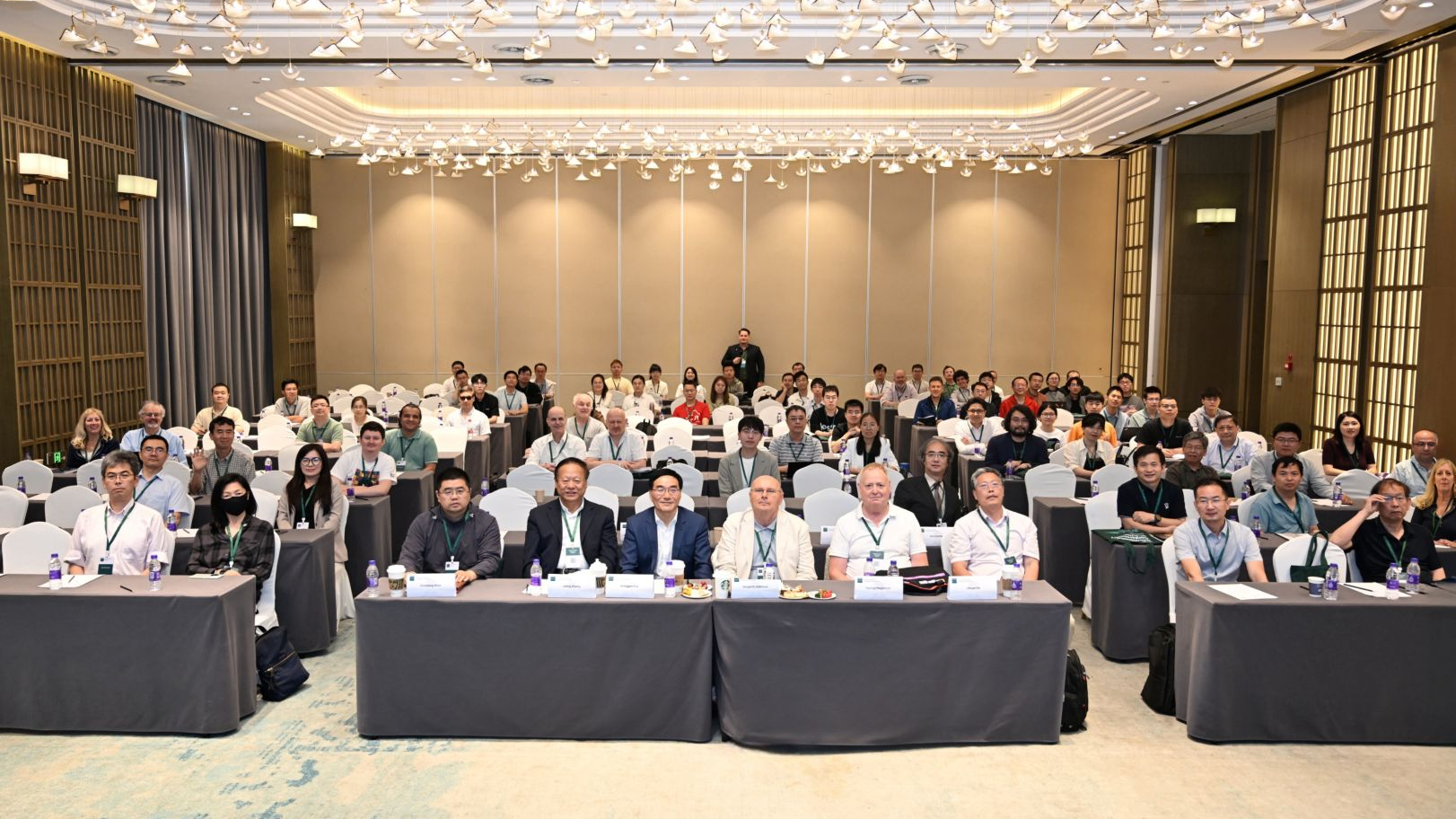
3 Grammar And Punctuation Errors To Avoid
As with any language, mastering English grammar and punctuation is a difficult task. Understanding it fully takes many years of practice and, even then, it’s still easy to make errors in your work.
To help you along, we show you how to avoid 3 common grammar and punctuation errors in order to produce a well-written paper.
1. Sentence fragments
In the English language, sentences generally contain three main elements: subject, verb, and object.
In most cases, a sentence is only complete if it contains all these elements. For example:
The man walked across the road.
In this example, “the man” is the subject, “walked across” is the verb (or verb phrase), and “the road” is the object. Most basic sentences contain these components, forming one clause—the main (or independent) clause. But, it’s also possible to have sentences made up of just a subject and verb, such as:
The man walked.
However, most sentences will also need an object. (Read Writing Your Manuscript In English for more information on sentence structure and grammar.)
Missing components
Sentence fragments occur when information (either a subject, verb, or object) is missing from the main clause. For example:
Discarded several anomalous datapoints.
Participants left to complete the task.
These examples can be understood by the reader; they’re note-like and depend on their context to complete their meaning. They are missing a subject and verb, respectively. Thus, they are grammatically incorrect and should be avoided in professional communications. As full sentences, they become clearer:
We discarded several anomalous datapoints. (Subject)
The participants were left to complete the task. (Verb)
Often, fragments are related to other sentences and can be added to the relevant sentence as a dependent clause (underlined below), which adds information to the main clause. For example:
We decided to stay in. Mostly because of the weather.
We then proceeded to input the data. After the experiment was completed.
become
We decided to stay in, mostly because of the weather.
We then proceeded to input the data after the experiment was completed.
Alone, the underlined clauses do not express a complete thought. Thus, they should be added to the related sentence as a dependent clause.
2. Comma splices
Comma splices can cause a lot of trouble for authors. They occur when a comma is used to separate two independent clauses. For example:
The participants were asked about their medical histories, the results were recorded.
Here, both clauses are on either side of the comma are complete sentences. In the English language, a comma cannot be used to separate main clauses, so the above example is grammatically incorrect.
There are 3 options to choose from to fix a comma splice: add a conjunction between clauses (and, but, if, etc.), replace the comma with a semicolon, or add a full stop to make them two separate sentences.
For example:
The participants were asked about their medical histories and the results were recorded. (Conjunction)
The participants were asked about their medical histories; the results were recorded. (Semicolon)
The participants were asked about their medical histories. The results were recorded. (Full stop)
Either one of these is acceptable; it’s up to the author’s personal preference. However, there are some soft rules on how to choose the most appropriate option.
Generally, if the clauses are closely related, a conjunction or semicolon is preferable. If they are more distinct, most authors opt for splitting it into separate sentences using a full stop.
3. Apostrophes
The apostrophe can cause problems for a lot of writers. It is a punctuation mark used to indicate possession or missing letters in contractions, as in:
There’s going to be rain tonight.
Einstein’s theory of relativity.
In the first example, the apostrophe is used to indicate the missing letter in “There is”. In the second, it is used to indicate that the theory was developed by Einstein.
This may appear simple on the surface, but there are many common pitfalls.
It’s vs. Its
It’s is only ever used to mean ‘it is’; it is never used to indicate possession. This causes confusion for many writers, as this means we use its possessively.
Its head turned at the sound.
As the head belongs to it, it feels counterintuitive to not use a possessive apostrophe. Nonetheless, its is used as a possessive pronoun, like his or her.
If you can replace it in the sentence with ‘it is’, then an apostrophe is required. If not, it is possessive, and thus should be written without.
2000’s vs. 2000s
Another common mistake writers make is adding an apostrophe when referring to decades. As there is no possession to indicate, and no missing letter for a contraction, decades should just be pluralised with no apostrophe—“the 2000s” or “1990s”.
There are rare instances in which an apostrophe is used to pluralise, however. This is only done for unusual sentence components, such as a single letter, unit, abbreviation, symbol, etc. For example:
P’s and Q’s
Authors often mix up their i.e.’s and e.g.’s
There were several 7’s in the dataset.
However, such examples are infrequent, and apostrophes are primarily used to indicate possession or a contraction.
Professional language editing for your paper
It’s always beneficial to get someone to look over the language of your work. MDPI Author Services’ English editing services can be utilised to ensure the grammar and language of your work is accurate. To get your paper ready for submission, language editing removes any language errors that could detract from the quality of the work. Read our previous article The Benefits of Language Editing Services if you want to learn more.
If you want to ensure your thesis or dissertation is free from any grammatical and punctuation errors, MDPI Author Services offers standard and rapid services to students. We provide a comprehensive language edit, correcting grammar, punctuation, and phrasing. Users of our Rapid Service will receive their edit within 1 working day.
Our team of highly skilled English editors have edited over 60,000 papers, with a 97% author satisfaction rate. Our services are available to both MDPI authors and those publishing with other journals. Visit the link above to get a free quote today.











